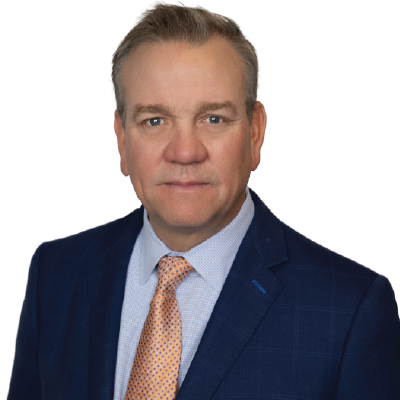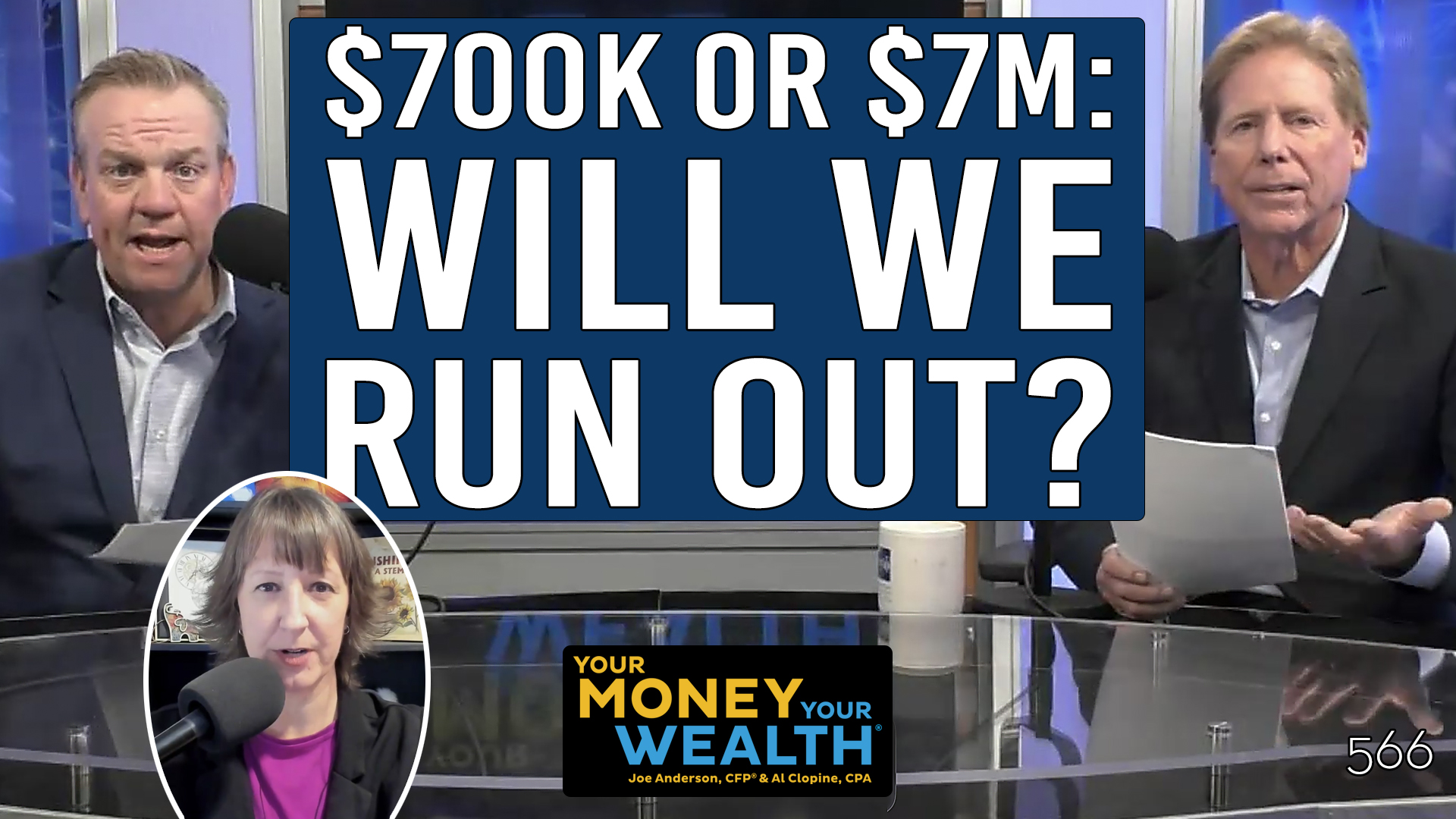
CERTIFIED FINANCIAL PLANNER® certification
Accredited Investment Fiduciary
BIOGRAPHY
As CEO and President, Joe Anderson, CFP®, AIF®, has created a unique, ambitious business model utilizing advanced service, training, sales, and marketing strategies to grow Pure Financial Advisors into the trustworthy, client-focused company it is today.
Pure Financial, a Registered Investment Advisor (RIA), was ranked among Inc. Magazine’s 5,000 Fastest-Growing Private Companies in America (2024-2025), ranked one of Barron’s Top 100 RIA Firms (2023-2025), and was recognized as one of Forbes’ Top RIA Firms (2024-2025). Pure was also named to the San Diego Business Journal’s Best Places to Work (2023-2025) and Glassdoor’s Top 50 Best Places to Work (2022).
Joe was ranked #6 out of 250 in AdvisorHub’s Advisors to Watch RIAs (2025) and named to the 2023 Forbes Best-In-State Wealth Advisors list, ranking #9 out of 117 advisors on the list for Southern California (High Net Worth). In 2013, Joe earned San Diego Metro’s 40 Under 40 Award, representing some of the best and brightest minds of San Diego County.
From 2008 to 2024, Joe co-hosted a consistently top-rated weekend financial talk radio program in San Diego called Your Money, Your Wealth®. Evolving from the radio show’s success, in June 2014, Joe launched the first Your Money, Your Wealth® television broadcast in San Diego and on the popular YMYW YouTube channel, now with over 30,000 subscribers. The Your Money, Your Wealth® podcast followed in 2016 and regularly places in Apple Podcasts’ Top 100 Investing Podcasts. The YMYW podcast was also ranked as the Best Retirement Podcast With Humor (2020-2024).
Prior to joining Pure, Joe worked for several years with one of the nation’s largest financial planning firms, where he was a financial advisor before becoming a district manager and then Vice President.
Beyond working with Pure Financial, Joe also participates in philanthropic activities. He’s also a member of the National Association of Personal Financial Advisors.
Joe received a Bachelor of Science degree in Finance from the University of Florida. He is a frequent speaker for a wide range of professional groups in San Diego County and enjoys playing golf and cheering for his alma mater, the Florida Gators.
If you have any questions about the awards mentioned, please visit our awards page.
Joseph's Latest Contributions

Should Al and Peggy in Illinois keep hammering pre-tax retirement savings, or should they pivot to post-tax Roth for better tax diversification? Which pension option is best for their early retirement plans? Long-term care insurance premiums are going up endlessly for Eloise in Connecticut. Is she walking into an insurance industry trap? How do Eric and Tami in Baton Rouge help their kids with college without blowing up their own retirement, and when do student loans make sense? Finally, should Lana and Sterling harvest capital gains or prioritize Roth conversions before moving to a much higher-tax state? The basic question in all of these is the same: how do you protect your future from rising costs and unknowns that are out of your control?

“Mr and Mrs Smith” have nearly $850,000 saved at age 43, but they’re very concerned about retirement. “Lucy and Desi” are 58 and 64 with nearly $7 million saved, but they still lie awake wondering if it’s enough for their high-expense life. “Tony and Carmela” are in a similar boat with millions saved at 61 and 59, but they’re worried their asset allocation won’t get them through their retirement. No matter the numbers, the fears sound exactly the same: will you run out of money in retirement? Turns out overcoming that fear is not about hitting a magic number. We’ll find out what it’s all about, today on Your Money, Your Wealth podcast number 566 with Joe Anderson, CFP®, and Big Al Clopine, CPA. The fellas also spitball Roth conversions, long/short direct indexing capital gains tax strategies for “Juicy Squeeze”, working after retirement for Wendi, and how one confusing word can completely change a retirement timing decision for “Jacques and Johana.”

Lucky Lou is 48, burned out and wants to punch at 50. How should he bridge the gap before pensions and Social Security? Joe Anderson, CFP®, and Big Al Clopine, CPA walk through the Rule of 55, 72(t)s, and the psychological reality of spending down a taxable account, today on Your Money, Your Wealth® podcast number 565. Alexei and Anna are high earners in their mid-20s who want to save aggressively and keep taxes low. Which retirement accounts should they prioritize, and can they afford a downpayment on a house? Jay and Gloria are wrestling with the classic question of whether to save to Roth or traditional 401(k), especially since their state doesn’t tax retirement income. Is taking the deduction now and backdooring Roths the smarter move? Plus, Sleepless in Seattle wants to know, can her 28-year-old daughter afford to buy a condo in a high-cost housing market? Finally, Jennifer in Texas wonders how to invest and withdraw an inherited IRA over the 10-year rule with the least tax damage.



